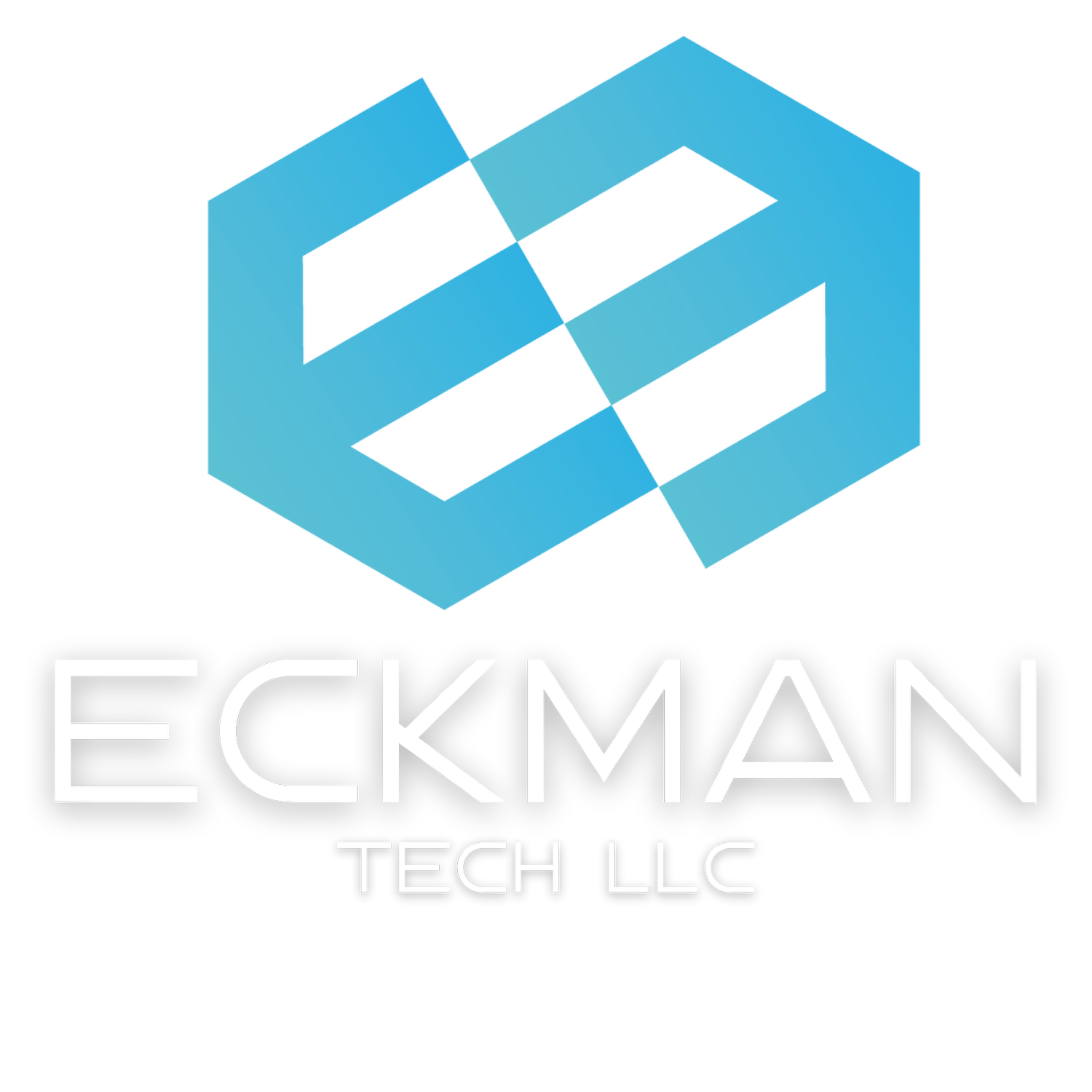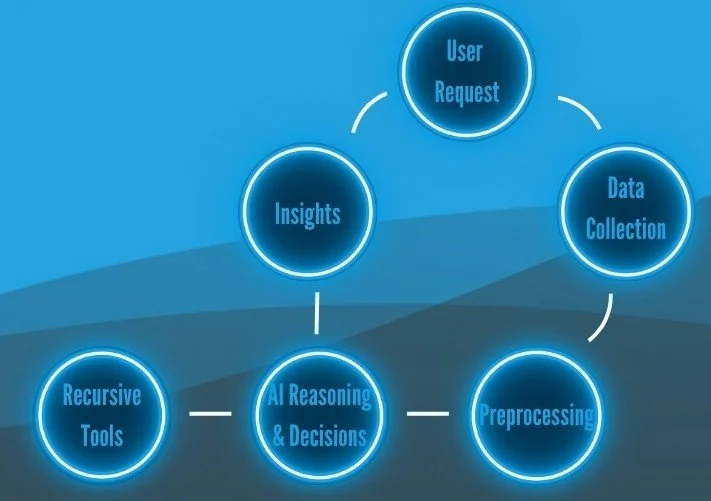Artificially Intelligent Manufacturing & Engineering Engine
Our prototype platform for automating engineering documentation, process design, and data analysis.
Built in-house at Eckman Tech LLC, AIMEE is designed to assist engineers by accelerating workflows, improving consistency, and generating intelligent insights with minimal overhead.
We're actively developing AIMEE with real-world use cases in mind. Your feedback helps shape its future.
Modular Architecture
A flexible, agent-driven system
AIMEE is built from the ground up as a modular framework, allowing each component to handle a specific part of the engineering workflow, from documentation to validation.
This architecture enables recursive task decomposition, faster iteration, and clearer traceability.
Engineering Intelligence
Grounded in real-world workflows
Unlike generic AI tools, AIMEE was designed by automation and process engineers with experience across regulated and high-complexity industries.
Our focus is on solving real problems, not chasing buzzwords.
Built by Engineers
AI is used where it makes sense
AIMEE doesn't just generate content - it follows structured rules, integrates real tools, and validates outputs.
The AI components are used to explain, clarify, and refine, not to hallucinate or fake technical results.
We’re looking for collaborators, visionary partners, and early-stage adopters who want to shape the future of engineering intelligence.
Whether you're a startup, system integrator, or investor, if you see the potential, let’s talk.
Let’s Build This Together
The LLM Hallucination Problem
Large Language Models (LLMs) are excellent at reasoning across complex, multi-variable contexts, but their effectiveness depends heavily on the structure and focus of the prompt.
By recursively decomposing tasks, AIMEE ensures:
Focused Prompts: Each recursive call handles a narrow, well-defined task. This reduces ambiguity and increases response quality.
Deterministic Evaluation: Each subtask has its own output, which can be validated before higher-level aggregation.
Error Isolation and Retry: Failures in a subtask (e.g., schema mismatch, tool error) can be retried independently, without restarting the whole process.
Depth of Insight: Recursive decomposition allows the system to go beyond shallow summaries and surface latent patterns or second-order relationships missed in a single-pass analysis.
Parallelism and Scalability: Tasks can be executed in parallel where possible, reducing response time and improving throughput in large datasets.
In summary, recursive task decomposition transforms the LLM from a monolithic response engine into a modular reasoning agent, enabling the kind of layered, auditable thinking required for industrial engineering use cases.






